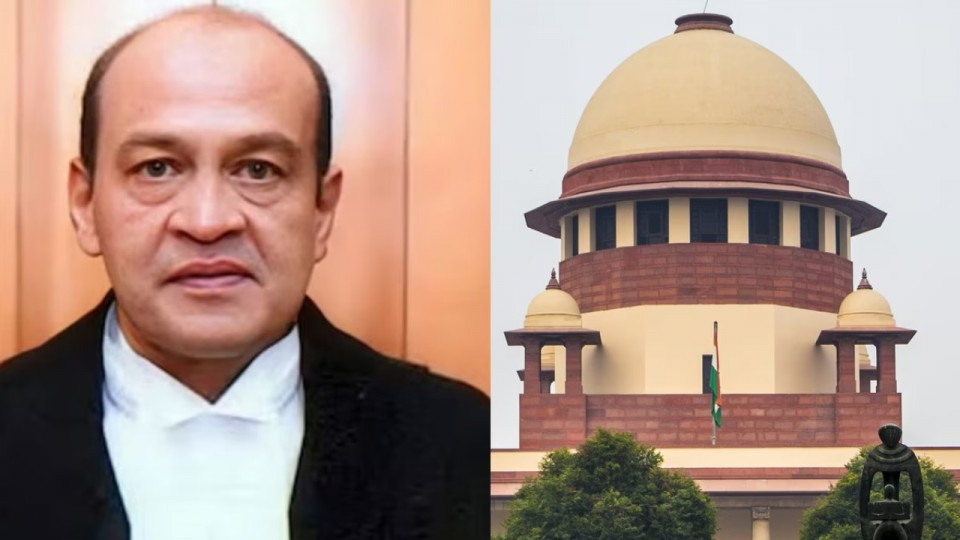
Media Trial Took Place, No Power to Act Against CJI: What Are the 6 Questions Raised by Justice Yashwant Varma? (Image Source: Social Media)
Amid the central government’s preparations for impeachment, Justice Yashwant Varma of the Allahabad High Court has filed a petition in the Supreme Court. On March 14, reports emerged of a large amount of cash found at his residence in Delhi. Following this, a probe committee formed by the Supreme Court found him guilty. Based on that report, he was transferred to Allahabad, and the report was sent to the President and Prime Minister for further action. Now, the impeachment process is being planned based on this report, but Justice Varma has raised questions about the report itself. He has presented six key arguments against it.
Justice Yashwant Varma's most serious allegation is that of a media trial. He claims that the accusations against him were made public by the Supreme Court, leading to a media trial that tarnished his image and impacted his career. He argued that the public disclosure violated the rules set by the Supreme Court’s constitutional bench. He further stated that the final report of the committee was published in the media, breaching confidentiality.
Justice Varma also argued that the in-house procedure adopted by the Supreme Court in 1999 to address complaints against judges goes beyond its intended limits of self-regulation. His petition states that this creates a parallel and unconstitutional system, which undermines the mandatory framework laid out in Articles 124 and 218 of the Constitution. These articles give exclusive power to the Parliament to remove judges. He emphasized that this undermines the authority of Parliament.
In his petition, Justice Varma questioned the powers of the Chief Justice and the Supreme Court. He said the Constitution does not grant either the Supreme Court or the Chief Justice the authority to take action against their own judges or those of the High Courts.
He also argued that no formal complaint was ever filed against him. The investigation was initiated solely based on unverified allegations. He further claimed that the probe committee did not give him an opportunity to present his side. He raised concerns about witness testimonies, saying only selective portions were disclosed, and the testimonies should have been video recorded. He also questioned why the committee did not collect CCTV footage and other evidence.
Justice Varma said that if the entire case revolves around the cash found at his residence, it should have been established how much cash was found and where it came from. He stated that the probe committee failed to clarify both the source and the amount of the cash.
One of his arguments is that he was not given time to review the final report. Justice Varma stated that before recommending his removal, he should have been given an opportunity to respond. He claimed he was not granted any time for this. He added that he should have been allowed to present his case before the Chief Justice or a senior judge, and only after that should an impeachment recommendation have been made.
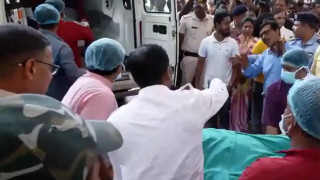
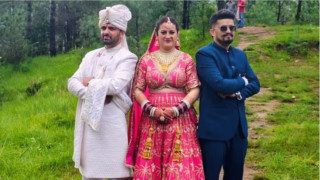
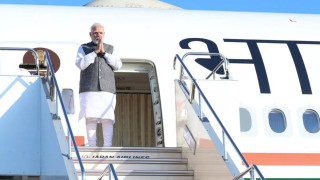
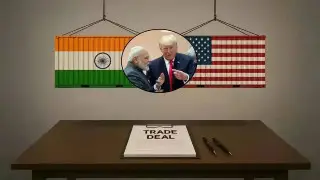
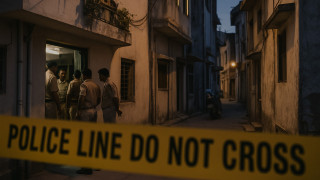








Copyright © 2025 Top Indian News
